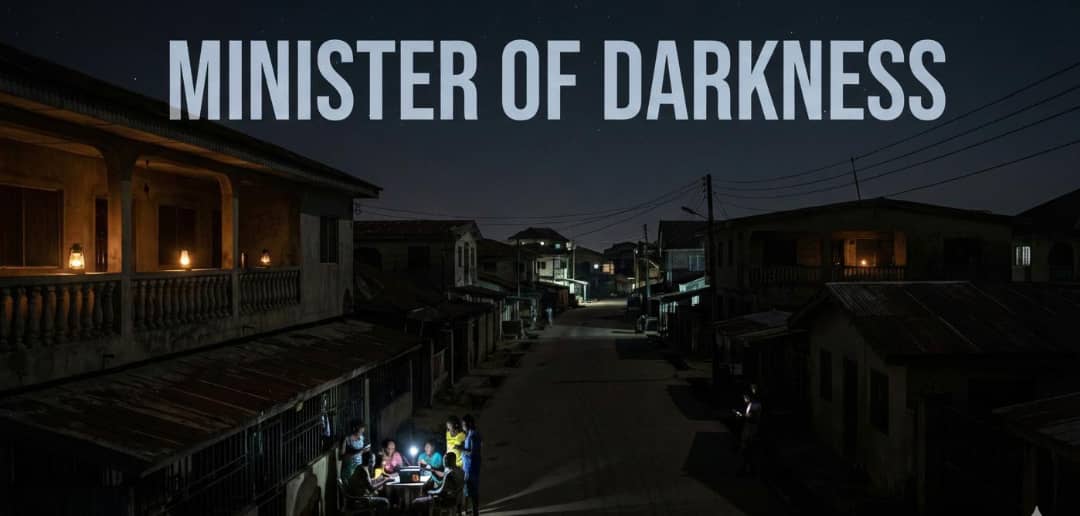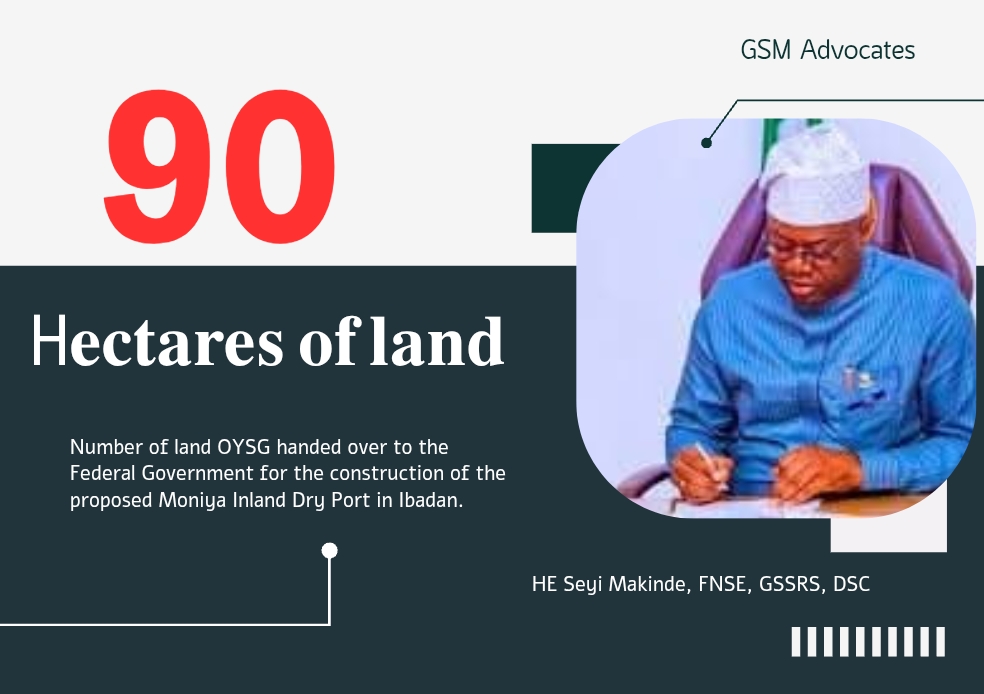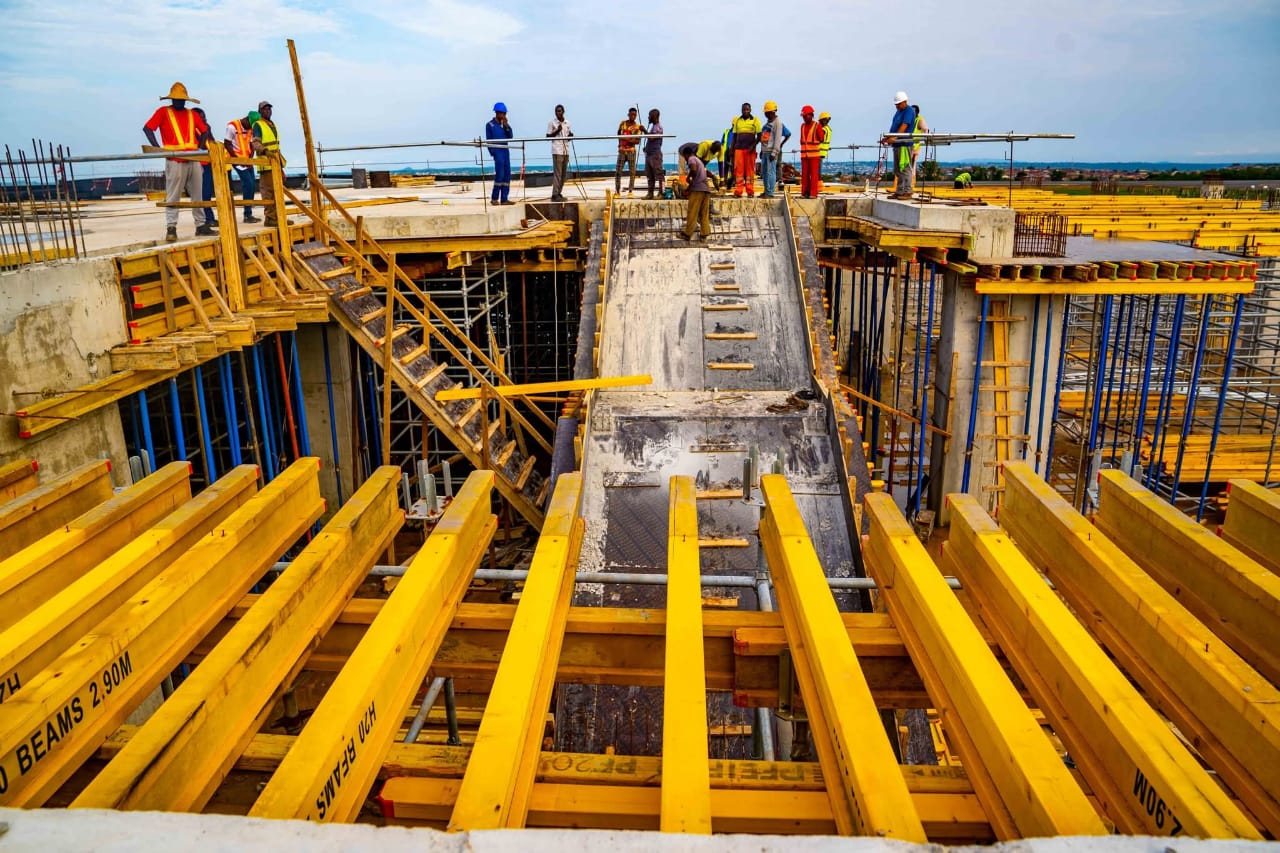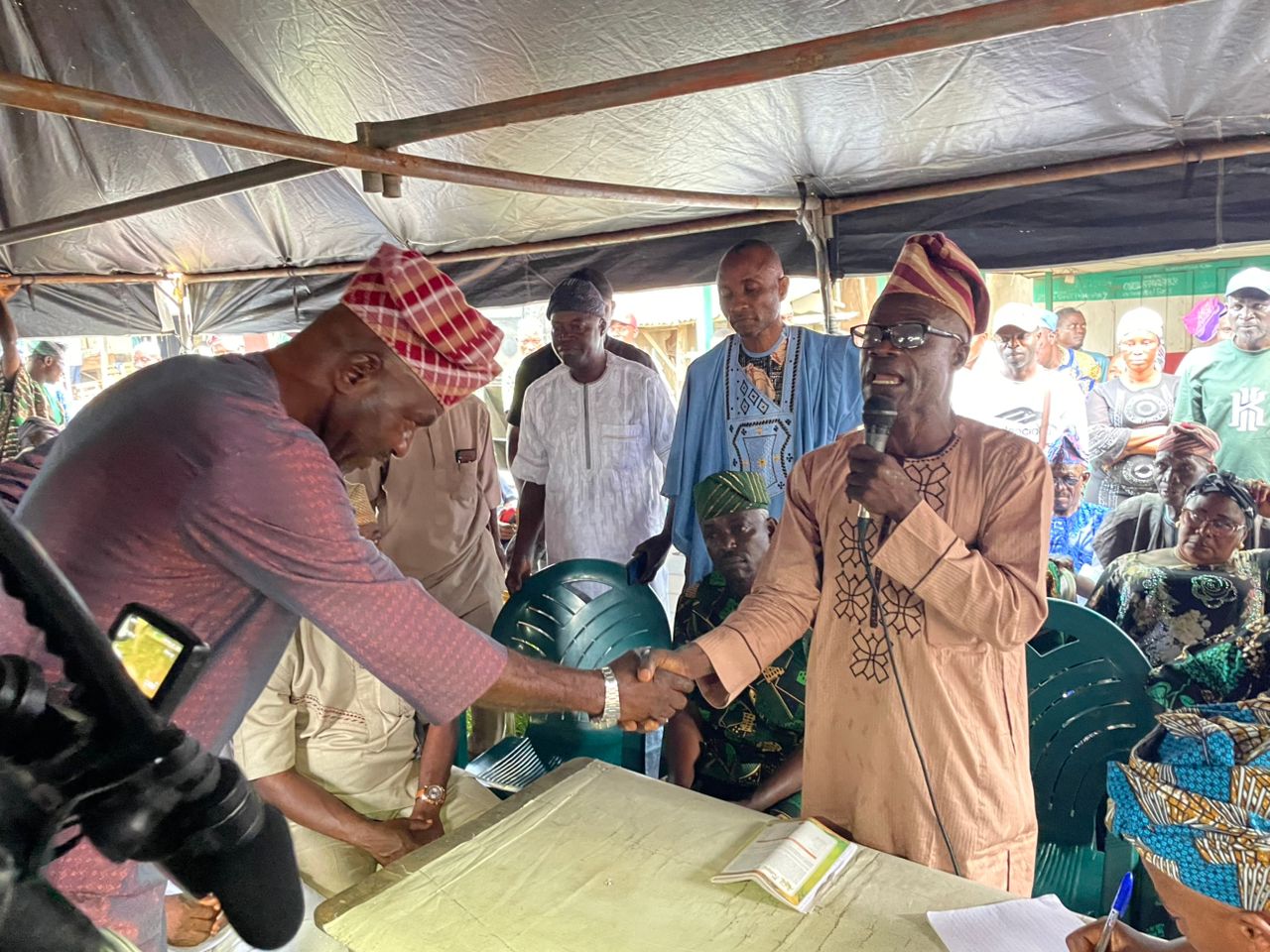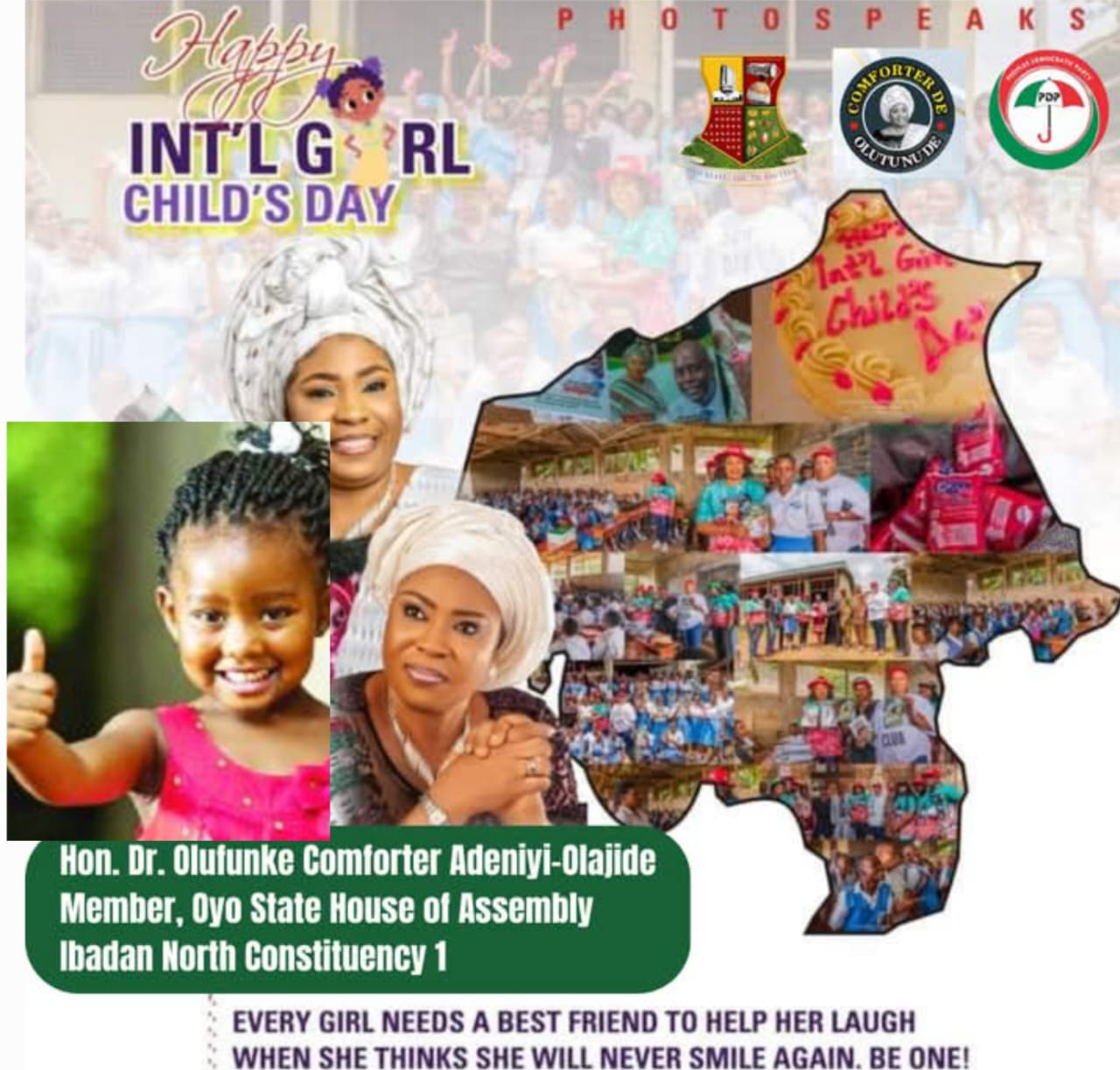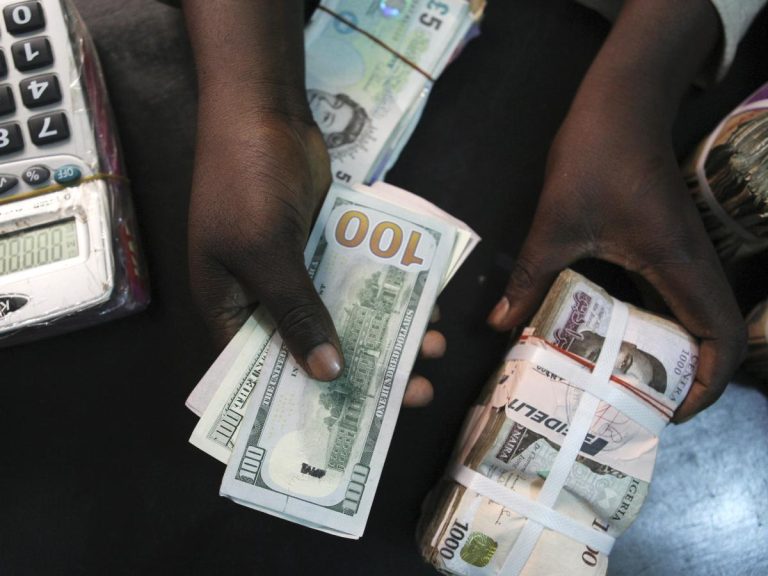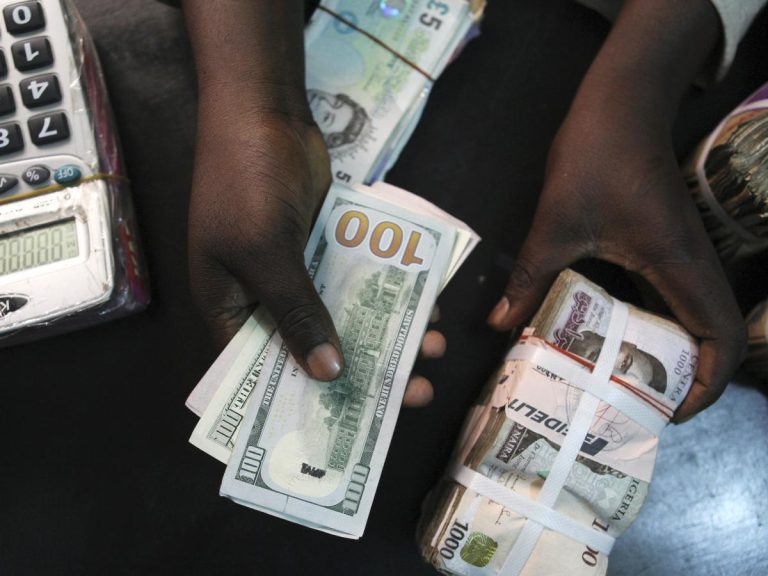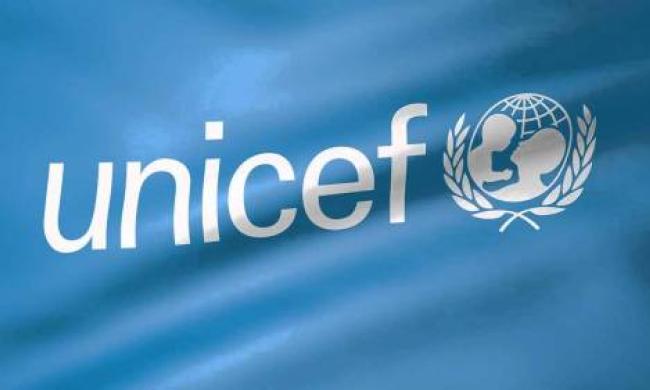Nigeria Ranked Second-Worst Alongside Chad On Global Children’s Climate Risk Index –UNICEF

Nigeria has been ranked as the second-worst country in the world on the Children’s Climate Risk Index, according to a United Nations Children’s Fund (UNICEF) report citing the Nigeria Climate Landscape Analysis for Children (CLAC, 2023) report.

The report is in a document titled “Climate Landscape Climate Action Plan for 2023-2027” on the organisation’s website.
This information was released in honour of World Environment Day in 2024, which has as its theme “Land Restoration, Desertification, and Drought Resilience.”
It said, “The Children’s Climate Risk Index provides a comprehensive view of children’s exposure and vulnerability to the impacts of climate change. This tool ranks countries based on: access to essential services, children’s exposure to climate and environmental hazards, shocks and stresses, such as flooding and heatwaves, and 3) children’s vulnerability to those shocks, based on capabilities to cope with the shocks and hazards.
“Overall, findings from the Children’s Climate Risk Index show that Nigerian children are: highly exposed to climate and environmental hazards, including air pollution and coastal flooding, and highly vulnerable to these hazards due to the high level of multidimensional deprivations and a lack of essential services.
Where higher scores indicate the most risk, Nigeria scored 8.8 out of 10 on climate and environmental factors and 8.1 on child vulnerability. This resulted in a score of 8.5 on the Children’s Climate Risk Index, ranking second worst in the world, along with Chad.
“Importantly, the Children’s Climate Risk Index highlights and measures the likelihood that climate and environmental shocks and stresses will lead to the erosion of development progress, increase fragility and deepen deprivations affecting children and vulnerable groups.
“Across Nigeria, children’s exposure to flooding, drought and rising temperatures threatens their health and nutrition and access to education, protection and water, sanitation and hygiene services. Land, water and air pollution present increased risks to children’s health including gastrointestinal illnesses, vector-borne diseases, respiratory diseases and damage to cognitive function and learning ability.”
It drew attention to the alarming consequences of desertification and drought, particularly in regions like North-West Nigeria, where once fertile soil is turning into deserts and affecting productivity.
“Globally, 40 per cent of the world’s population is impacted by land degradation, with millions directly affected by droughts annually. This environmental degradation jeopardises the health, education, and overall well-being of over 100 million children in Nigeria,” it said.
UNICEF stressed that children bear the brunt of environmental deterioration. As land loses fertility and water sources diminish, children face food insecurity, malnutrition, and water scarcity, hindering their growth and development.
Nigeria ranks ninth in the world for the estimated number of child displacements due to floods: 650,000 children were displaced across the country between 2016 and 2021. More than 3.1 million children could be displaced by riverine floods over the next 30 years, according to UNICEF, Children Displaced in a Changing Climate, 2023




















